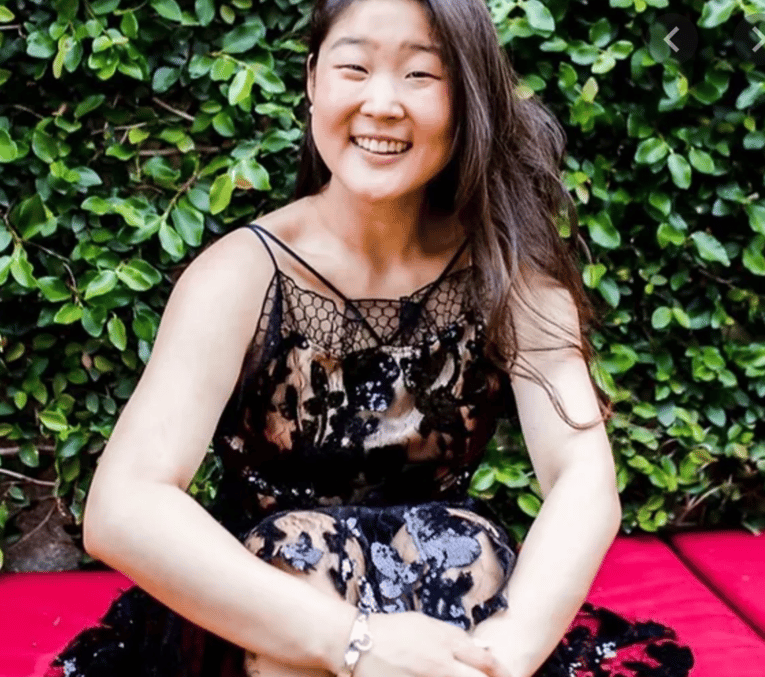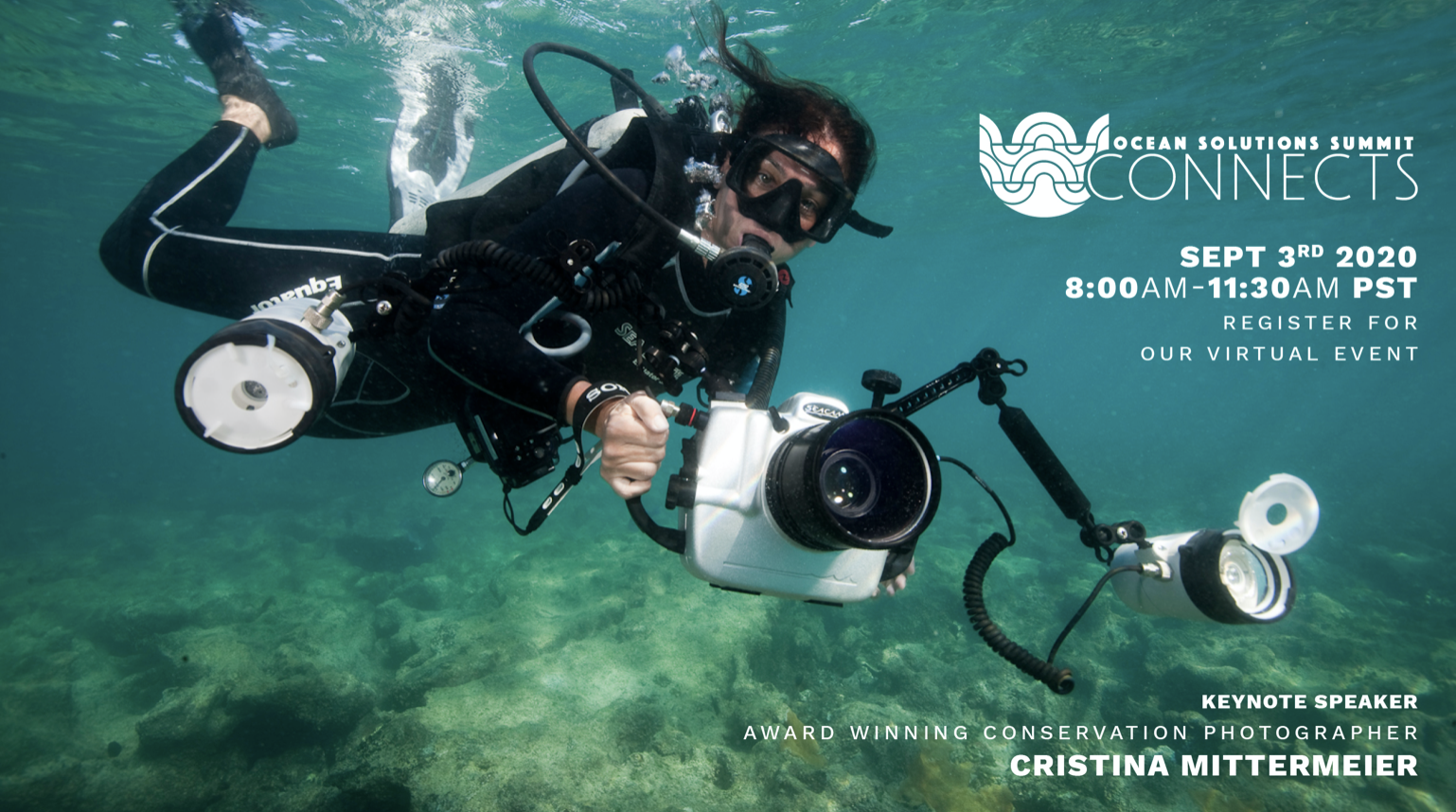Spotlighting Ashley Bae, founder and CEO of Verdant Seas
Verdant Seas:

“We’re working to make industrial fish food more sustainable - not just for the consumer, but for the environment.” - Ashley Bae
Verdant Seas is working to develop microalgae-based food for populations of farmed fish. Their new type of feed has a lower ecological impact and offers a higher nutrient profile for the fish in question, and Ashley’s work strives to make this solution financially viable for the fledgling American aquaculture industry.
Ashley set out with a passion for sustainable wild fisheries, but quickly realized that “if you care about feeding people seafood and fish, you have to look at aquaculture - farmed fishing. More than half of the seafood that ends up on people's plates is derived from farmed practices rather than wild harvesting.”
These fish need to be raised and fed like any animal. The modern aquaculture industry relies on fish-based “aquafeed” to feed their stock. Feeding wild-caught fish to farm-raised fish requires more input material than output product, meaning that depending on the species in question, it takes the equivalent of about 5 wild fish to raise 1 farmed one. In the words of Ashley: “that’s crazy, right? It doesn’t make sense.”
“That’s crazy, right? It doesn’t make sense.”
The bright minds at Verdant Seas are working to develop a less wasteful alternative.
Ashley's Solution:
Verdant Seas’ mission is to create an alternative food source for these farmed fish. Their solution: marine microalgae. A diet of microalgae raises fish up to 70% quicker than conventional methods, lowering the ecological impact of aquaculture, and providing more nutrient-enriched product. Ashley’s current work is focused on making sure that this new product is as affordable as it is effective.
“Our team is really motivated by food insecurity issues, and one of our main challenges is to drive the price down for what is a premium product. If you go to the supermarket right now and you wanna buy the really nice, responsibly sourced, microalgae fed salmon, you’re going to pay a big premium for it - and I don't think you should have to.”
As the seafood industry in the United States grows, Ashley wants to see it grow “in a way that’s healthy and makes sense for the environment,” and she turns to her “mini climate heroes” (microalgae) to do this. Microalgae sequester carbon and accelerate the growth of fish stock, which can offset the higher cost of production. Work is underway to measure exactly what changes this new diet has on fish populations.
“As a Korean American, I’m used to eating seafood of all kinds: fish, kelp, algae, you name it. [But] I would love to see us not eating a bunch of high-trophic level species, like bluefin tuna.”
These fish require more input to produce, and by choosing to farm animals further down the food chain (like shellfish or tilapia) the aquaculture industry could save on aquafeed costs as well as help the environment.
Tilapia are a common aquaculture product, and have been the focus of Verdant Seas’ work thus far. They’re typically fed a diet that contains wild fish, despite the seemingly-crucial fact that tilapia aren’t normally carnivorous. “They can't digest this feed well, so it makes even less sense. And yet, it’s still commonplace!”
Her Vision for the Future:
Verdant Seas is focused on growing the burgeoning American aquaculture industry in a way that’s sustainable for the environment as well as its patrons, but individuals have a role to play as well. As the next generation of fish-eaters readies their nets, Ashley urges them to think local. Instead of importing fish from across the country,
“How cool would it be if we could just leverage what’s already out there? A lot of wharves, already have mussels that naturally grow on them.”
Just 5 marine species make up about 70% of the seafood in a typical American diet. Educating the next generation could change that. Today’s consumers can make a change in their seafood diversity and ecological impact by fishing what’s naturally available to them. “Embracing local and seasonal seafoods is something I would really love to see in America and even beyond. That, and microalgae smoothies!” she jokes.
Ashley’s work with Verdant Seas is filled with business terms like “Life Cycle Assessment” and “Food Conversion Ratio,” but at the end of the day, her work is fueled by a passion for the ocean and the people that rely on it.
“All my life I’ve been interested in fish. I was always at the aquarium. People used to tell me: ‘Oh, marine biology is a phase. Everybody grows out of that phase...’
But I’ve never grown out of it.”
Next SOA Connects Ocean Solutions Summit: September 3, 2020







Comments